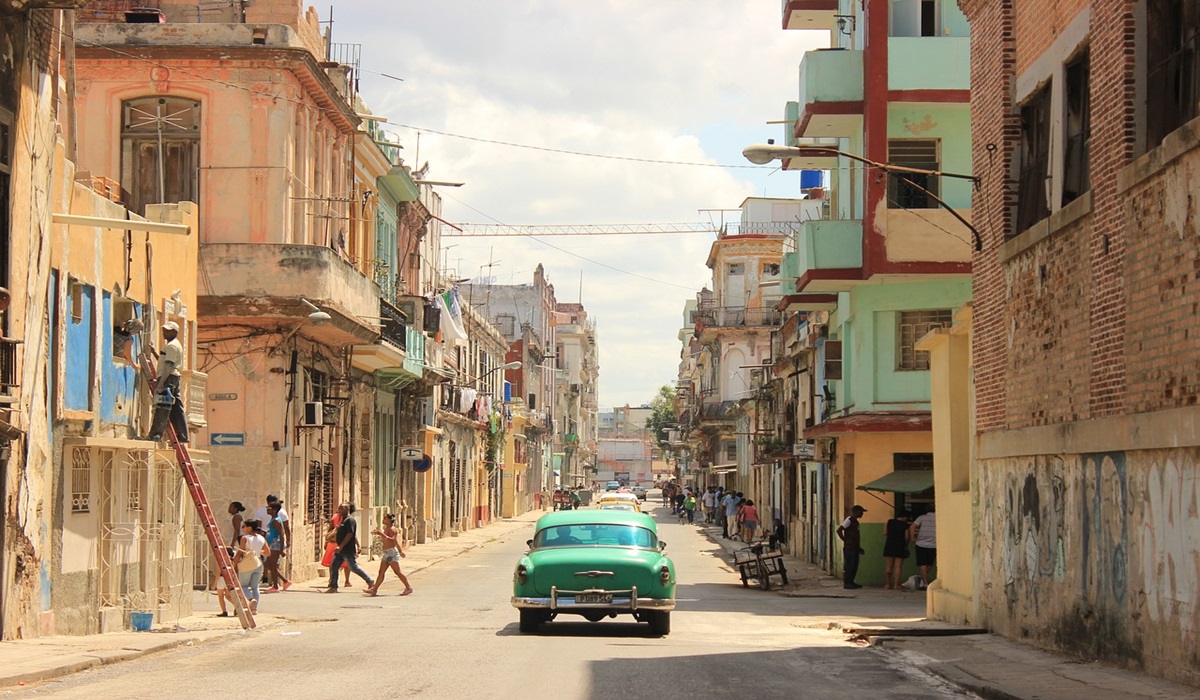Cuba and BRICS: Why the U.S. Embargo No Longer Matters
- TDS News
- Breaking News
- Trending News
- February 20, 2025

Image Credit, MarioYorba
The embargo against Cuba is one of the most baffling and outdated policies in U.S. foreign relations. Holding onto this grudge for decades, punishing the island for an old ideological difference, is like a child refusing to move past a schoolyard squabble long after everyone else has forgotten it. The embargo was originally meant to punish a communist government, assuming that would somehow lead to its collapse or change, but it didn’t. Instead, it entrenched the leadership in power and led the country to find new ways to survive, mostly outside the influence of the U.S. Now, the situation is even more ironic. The island is part of BRICS, a global group offering the very things the U.S. denied—trade, investment, and cooperation. So what’s the point of continuing to hold this outdated policy in place?
It’s hard to understand why the embargo persists when other communist nations, like China and Russia, have been welcomed into the global fold. These countries, once considered serious threats during the Cold War, now trade openly with the U.S. and others, while the embargo remains in place for the island. It’s as if the U.S. is still clinging to a Cold War mentality that simply no longer makes sense in today’s geopolitical reality. The idea that Cuba’s socialist government remains a serious threat to U.S. interests is laughable in a world where economic power and cooperation take precedence over old ideological conflicts.
Over the years, Cuba found ways to thrive despite these restrictions, adapting and forging relationships elsewhere. Joining BRICS has proven to be a significant turning point, allowing the nation to tap into new markets and financial systems that operate outside of the U.S.-dominated world. With this new partnership, the embargo now seems like little more than a symbol of stubbornness, an unwillingness to let go of a policy that’s become irrelevant in the modern world. The U.S. was once the primary source of trade for this island, but it no longer holds that power.
Being part of BRICS provides Cuba access to key economic players and opens doors that the embargo had once closed. BRICS nations offer alternatives to the U.S.-backed financial systems, allowing the island to bypass traditional Western restrictions. For Cuba, being in this group is a lifeline, opening new paths for growth and collaboration. The embargo, once intended to isolate and punish, has instead left the U.S. isolated while the island adapts and thrives through these new alliances.
But BRICS benefits from the island as well. Its geographical location is of strategic importance, particularly for Latin American influence. The island’s strengths in education and healthcare make it a valuable partner for countries seeking development in these areas. By joining BRICS, Cuba strengthens the group’s presence in the Western Hemisphere and adds valuable assets to the alliance. Its inclusion is more than just symbolic—it’s a move that increases the influence of the BRICS nations in a region once dominated by the U.S.
In the end, the embargo is a policy that punishes the U.S. more than it punishes the island. Cuba’s place in the world has evolved, leaving the U.S. behind with its outdated policies. While the U.S. remains stuck, the country has found new avenues to grow, partner, and prosper. It’s time for the U.S. to let go of this pointless embargo and face the reality of Cuba’s place in the modern world. Holding on to this grudge is only keeping the U.S. from realizing any of the benefits that could come from cooperation. It’s time for change, and it’s long overdue.








